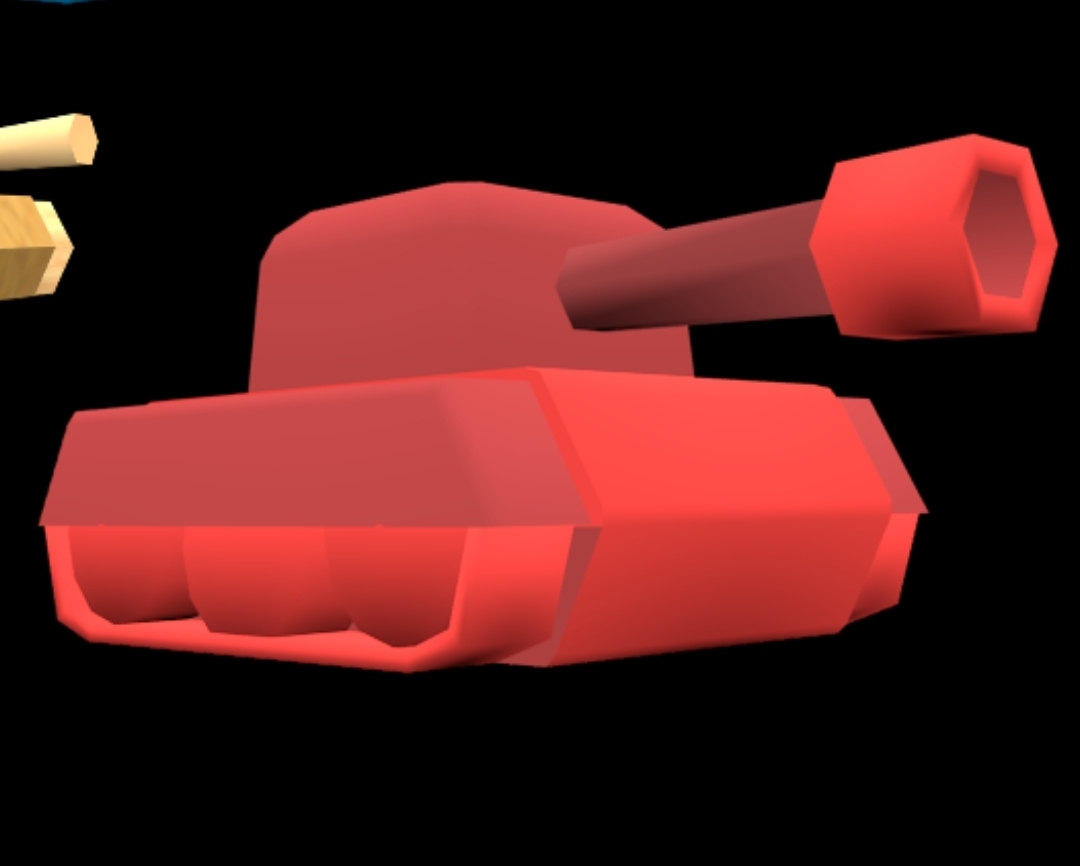Maine.
It’s when a drug makes you need to pee a lot
No you are thinking of something else, a dialectic is a non-conductive material that can be polarized by an electric field.
No, that’s a dielectric. A dialectic is somebody who can’t eat much sugar because their body doesn’t produce enough insulin.
No, that’s a diabetic. Easy to get them confused, but a dialectic is a glyph added to a letter to distinguish it from similar letters, i.e. ü vs. u.
No, that’s a diacritic. Dialectics is the set of practices and ideas practiced by Scientologists, invented in 1950 by L. Ron Hubbard.
No, that’s Dianetics. Dialectics are a type of computer hardware from the 90’s that uses the telephone network to connect to the internet
This is the first time I’ve ever seen an actually clever and funny pun comment chain.
This is gold, right here.
After 200 years marxists being over-read nerds finally pays off!
You have a herbivore and a carnivore. If there is no carnivore, the herbivores eat themselves into starvation and cease to exist. If there is no herbivore, the carnivores starve and no longer exist. Both are interdependent on the other to sustain their relationship and the wider ecosystem of relationships they participate in. There are contradictions in that interdependence, places where resource scarcity and social conflict favour the needs of one group over the other. These contradictions will mount- drought driving waterway changes driving vegetation distribution driving caloric availability and shelter- until there’s a catastrophic rupture. Suddenly the population of rabbits stalls and the foxes have nothing to eat. Either new relationships are formed to meet the needs of those former intertwined groups, the groups in their current state die out, or their relationship finds a new equilibrium. As you study how the natural resources drive those interconnected relationships in the ecosystem, you’re doing dialectical materialism. As you study that change over time you’re doing historical materialism.

deleted by creator
“Nature is the proof of dialectics” - happybadger, 2024
You don’t need to worry about dialectics unless you have kidney failure.
I told someone I matched with that I like dialectical materialism. We’re now discussing Palestine with historial materialism. That’s dialectics
No fucking
 No hurry
No hurry The Dialectic
The DialecticNo Woman
 No Cry
No Cry
since nobody knows for sure, I’m going to take this opportunity to say what I think it is but it’s probably wrong so ignore this
I think it’s called “dialectic” because it’s like a “dialog”. Events, history and problems and such, unfold logically until they reach an impasse, a contradiction. To resolve this, you have to take into account what has come before; your response can’t just be a non-sequitur. So, like, reactionaries look at a problem that exists and say, “We have to go back to before this problem existed and just do that” – but it never works because what came before eventually became what is. Or sometimes people try to brush away all the context, find a clean slate to start over. That really doesn’t work. Your still plugged into the same context, and in attempting to wipe away everything you’ve just made a whole bunch of new contradictions as well.
So to be dialectic, you gotta pay attention to what’s going on and what’s already happened. You gotta really study the context you are in, so that when you decide to respond you are prepared for how that in turn unfolds to the next contradiction.
…i think that’s what it means, anyway
you have to take into account what has come before
Or sometimes people try to brush away all the context

I mean yeah, she talks a good talk occasionally. But actions are what count.
deleted by creator
That sounds smart and makes sense in as much as I have any idea what’s happening in The Theory.
I tried to learn about it, and now I have negative understanding
It’s a mystery wrapped in an enigma trapped in the washing machine and I’m not going near it.
Dialect-deez nuts-ic
the kids these days, they don’t even know what the DIALECTICS all ABOUT
yes, but have you heard of the cousin of dialectic, diegesis?
Lobsters and methamphetamine
It’s what the scientologists study
You can’t call yourself a real Communist Scientologist until you understand the Dialectics
Does it have any relation to the Parliamentarian?
its just cause and effect
you know how liberals like to argue as if things happen in a vacuum. the dialectic argues that no, we live on a continuum of cause and effect
Just cause and effect would be vulgar materialism
Dialectics means that all things are changing each other rather than one another, it can be idealistic or materialistic
Marxism is dialectics + materialism
look i was keeping it simple
i didnt think id need to explain the transformative properties of adding chocolate to milk makes the milk taste like chocolate and the chocolate taste milky because the milk and chocolate has been transformed. people understand that cause and effect in a complex system transforms the system itself give people some credit goddamn
give people some credit goddamn
In my book giving people credit is actually explaining something even if it sounds simple to you because you respect the fact that not everyone has learnt the same things as you and might not deduct the same consequences to a given statement
patronizing and mansplaining are two shorter ways to describe it
















